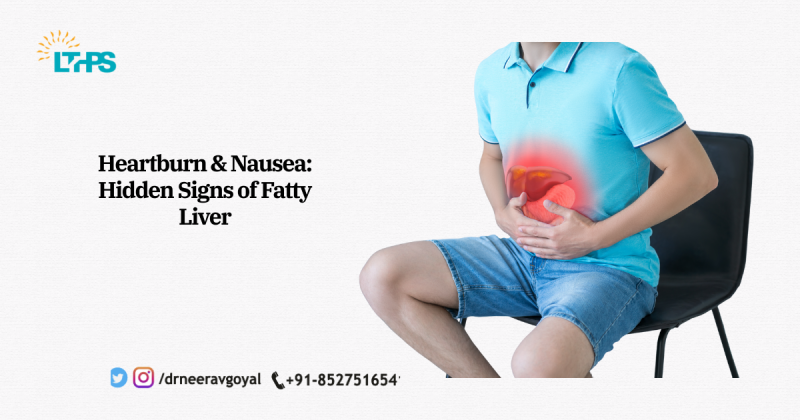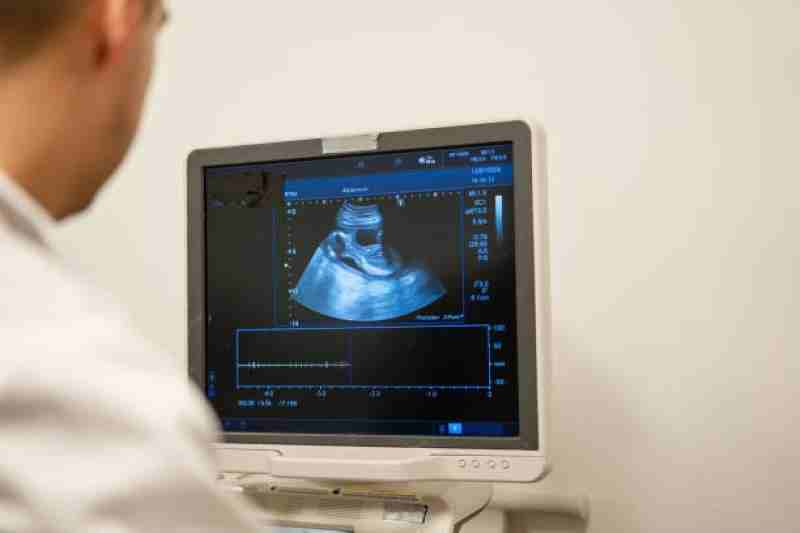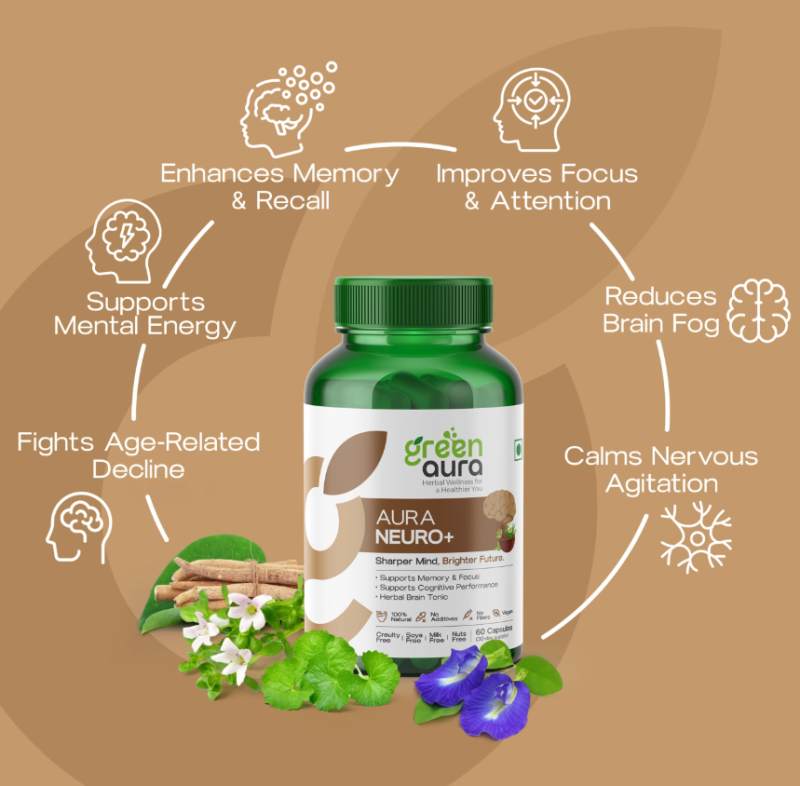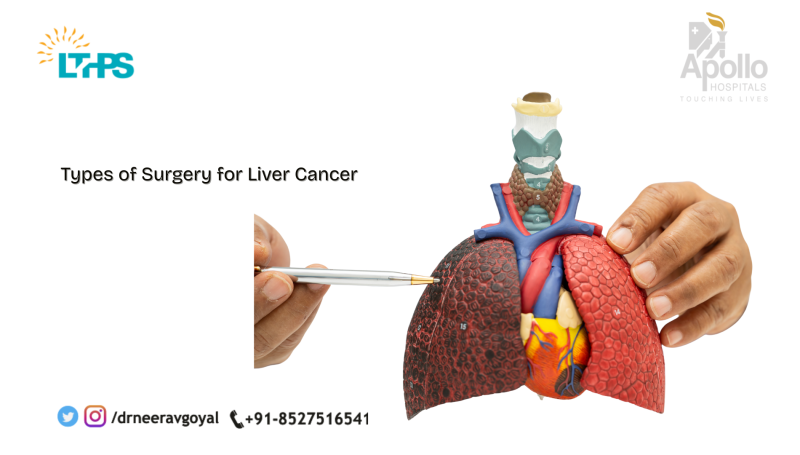Health
Heartburn & Nausea: Hidden Signs of Fatty Liver

Introduction
Do you often experience that burning sensation in your chest after meals or wake up queasy for no clear reason? You might dismiss it as acidity or indigestion — but here’s a twist. Frequent heartburn and nausea may be your liver crying out for help.
In fact, these seemingly harmless symptoms can sometimes be early indicators of fatty liver disease, a growing health problem affecting millions worldwide. Let’s explore how these issues are connected and what you can do to protect your liver health.
Do you often feel heartburn and nausea? It could be an early sign of fatty liver. Learn causes, symptoms, and prevention tips here.
1. What Is Fatty Liver Disease?
Fatty liver disease occurs when excess fat builds up in your liver cells. Normally, the liver should contain little to no fat, but lifestyle choices, poor diet, and metabolic conditions can lead to fat accumulation.
When fat exceeds 5-- 10% of liver weight, it starts interfering with its function-- like a car engine clogged with sludge, unable to run smoothly.
2. The Connection Between Heartburn, Nausea, and Liver Health
You might be wondering, what does the liver have to do with heartburn or nausea? Quite a lot, actually.
When your liver struggles due to excess fat, it doesn't process bile efficiently. This can cause digestive imbalances, acid reflux, and bloating, leading to that uncomfortable burning sensation in your chest and the queasy feeling in your stomach.
Think of it like a traffic jam in your digestive system-- when the liver slows down, everything else backs up.
3. Types of Fatty Liver Disease
There are two main types of fatty liver disease:
Non-Alcoholic Fatty Liver Disease (NAFLD): Occurs in people who drink little or no alcohol. It's commonly linked with obesity, diabetes, and high cholesterol.
Alcoholic Fatty Liver Disease (AFLD): Caused by excessive alcohol consumption that damages liver cells and leads to fat accumulation.
Both conditions can progress silently, making early detection crucial.
4. Common Symptoms You Shouldn't Ignore
Fatty liver disease often shows no obvious symptoms, but heartburn and nausea can be early clues. Other symptoms include:
Constant tiredness or weakness
Loss of appetite
Mild abdominal pain or heaviness
Bloating and indigestion
Yellowish skin or eyes (in advanced cases).
If these symptoms sound familiar, it's time to give your liver some attention.
5. Why Fatty Liver Is More Common Than You Think.
Modern lifestyle habits-- like fast food, lack of exercise, and sitting for long hours-- have made fatty liver one of the most common liver disorders.
Studies suggest that 1 in 3 adults may have fatty liver without knowing it. The scary part? It can silently progress into liver inflammation (steatohepatitis), fibrosis, or even cirrhosis if left untreated.
6. How the Liver Affects Digestion.
Your liver plays a crucial role in digestion. It produces bile, a fluid that helps break down fats and absorb nutrients.
When the liver is overloaded with fat, bile production and flow become sluggish. This slows digestion, causing symptoms like acid reflux, gas, and nausea.
In simple terms, when your liver is unhappy, your stomach shows it.
7. Causes and Risk Factors of Fatty Liver.
Several factors can contribute to fatty liver disease, including:.
Poor diet rich in fried and sugary foods.
Obesity or being overweight.
Type 2 diabetes or insulin resistance.
High cholesterol or triglycerides.
Excess alcohol intake.
Sedentary lifestyle.
Rapid weight loss or malnutrition.
Even thin individuals aren't completely safe-- genetics and metabolic conditions can also play a role.
8. How Fatty Liver Leads to Heartburn and Nausea.
The link between fatty liver and these symptoms lies in how fat affects liver function. When your liver becomes fatty, it:.
Disrupts bile secretion, leading to indigestion and acid reflux.
Increases pressure on the stomach, pushing acid into the esophagus.
Affects hormonal balance, slowing metabolism and digestion.
The result? Persistent heartburn, nausea, and bloating, especially after meals.
9. Diagnosis: How Doctors Detect Fatty Liver.
Fatty liver is often discovered by chance during a routine health check-up. Diagnostic methods include:.
Liver Function Test (LFT): Measures enzyme levels to check for inflammation.
Ultrasound Abdomen: Detects fat accumulation in the liver.
FibroScan or MRI: Determines the degree of liver stiffness and fat.
Blood tests: To rule out viral or autoimmune causes.
Early diagnosis can prevent serious complications.
10. Lifestyle Habits That Damage the Liver.
Your daily habits can either support or harm your liver. Unhealthy habits include:.
Skipping breakfast and eating heavy dinners.
Drinking too much alcohol.
Consuming junk food and sugary beverages.
Not drinking enough water.
Sitting for long hours without physical activity.
Over time, these habits silently strain your liver and digestion.
11. Healthy Eating Habits to Reverse Fatty Liver.
The good news? Fatty liver is reversible in its early stages with the right diet. Follow these simple rules:.
Eat fresh fruits and vegetables daily.
Replace white rice and bread with whole grains.
Add lean proteins like fish, eggs, and legumes.
Avoid fried, processed, and sugary foods.
Include healthy fats like olive oil, avocado, and nuts.
Stay hydrated with at least 8 glasses of water per day.
Remember, your liver loves balance, not burden.
12. Importance of Exercise and Weight Management.
Exercise helps your body burn fat, including the fat stored in your liver.
Aim for at least 30 minutes of moderate activity five days a week-- brisk walking, cycling, swimming, or yoga are great options.
Even a 5-- 10% weight loss can significantly improve liver health and digestion, reducing symptoms like heartburn and nausea.
13. Medical Treatments and Monitoring.
If lifestyle changes aren't enough, your doctor may recommend:.
Medications to control diabetes, cholesterol, or triglycerides.
Vitamin E or omega-3 supplements for liver support.
Regular liver function tests to monitor progress.
Avoiding alcohol and unnecessary medications.
Always consult a liver specialist before starting any treatment.
14. Preventive Tips for Long-Term Liver Health.
Maintain a healthy weight.
Limit alcohol and processed food intake.
Get regular health check-ups.
Avoid self-medication-- some drugs can harm the liver.
Practice stress management through meditation or hobbies.
Think of your liver as a personal detox factory-- keep it clean, and it will keep you healthy.
15. When to See a Liver Specialist.
You should see a doctor if you experience:.
Frequent or worsening heartburn and nausea.
Persistent fatigue or unexplained weight gain.
Yellowing of eyes or skin.
Right upper abdominal pain.
Dark urine or pale stool.
Early medical attention can prevent long-term damage.
16. Conclusion.
Heartburn and nausea might seem like small issues, but when they become frequent companions, it's time to listen to your body. These signs could indicate that your liver is overloaded with fat and struggling to perform its vital tasks.
The good news? With timely lifestyle changes, medical care, and awareness, fatty liver can be reversed. Take care of your liver-- because a healthy liver means a healthier, happier you.
FAQs.
1. Can heartburn and nausea really be symptoms of fatty liver disease?
Yes. When the liver becomes fatty, it affects bile production and digestion, leading to acid reflux and nausea in some people.
2. Is fatty liver disease reversible?
Absolutely! With a healthy diet, exercise, and proper medical care, fatty liver can be reversed in its early stages.
3. What foods should I avoid if I have fatty liver?
Avoid fried foods, sugary drinks, processed snacks, white bread, and alcohol-- they worsen fat accumulation in the liver.
4. How long does it take to recover from fatty liver?
It depends on the severity and your commitment to lifestyle changes. Most people see improvement within 6 months of consistent effort.
5. When should I consult a liver specialist?
If you experience persistent heartburn, nausea, fatigue, or abdominal discomfort, it's wise to consult a liver specialist for evaluation.
Source:
Click for the: Full Story
You might like













 Close Menu
Close Menu